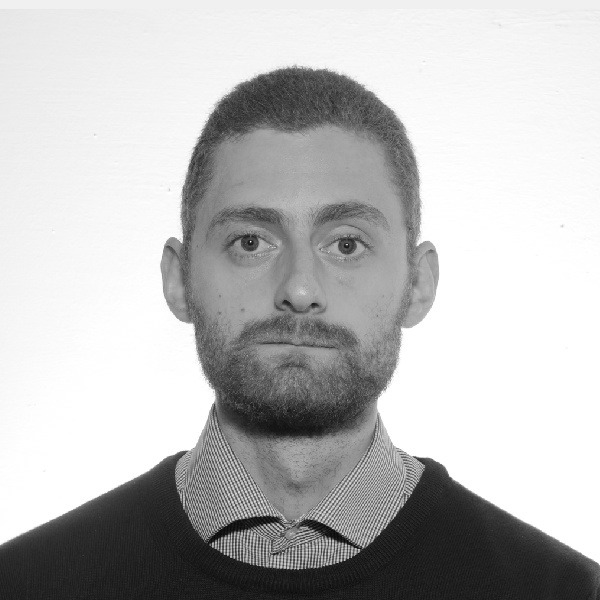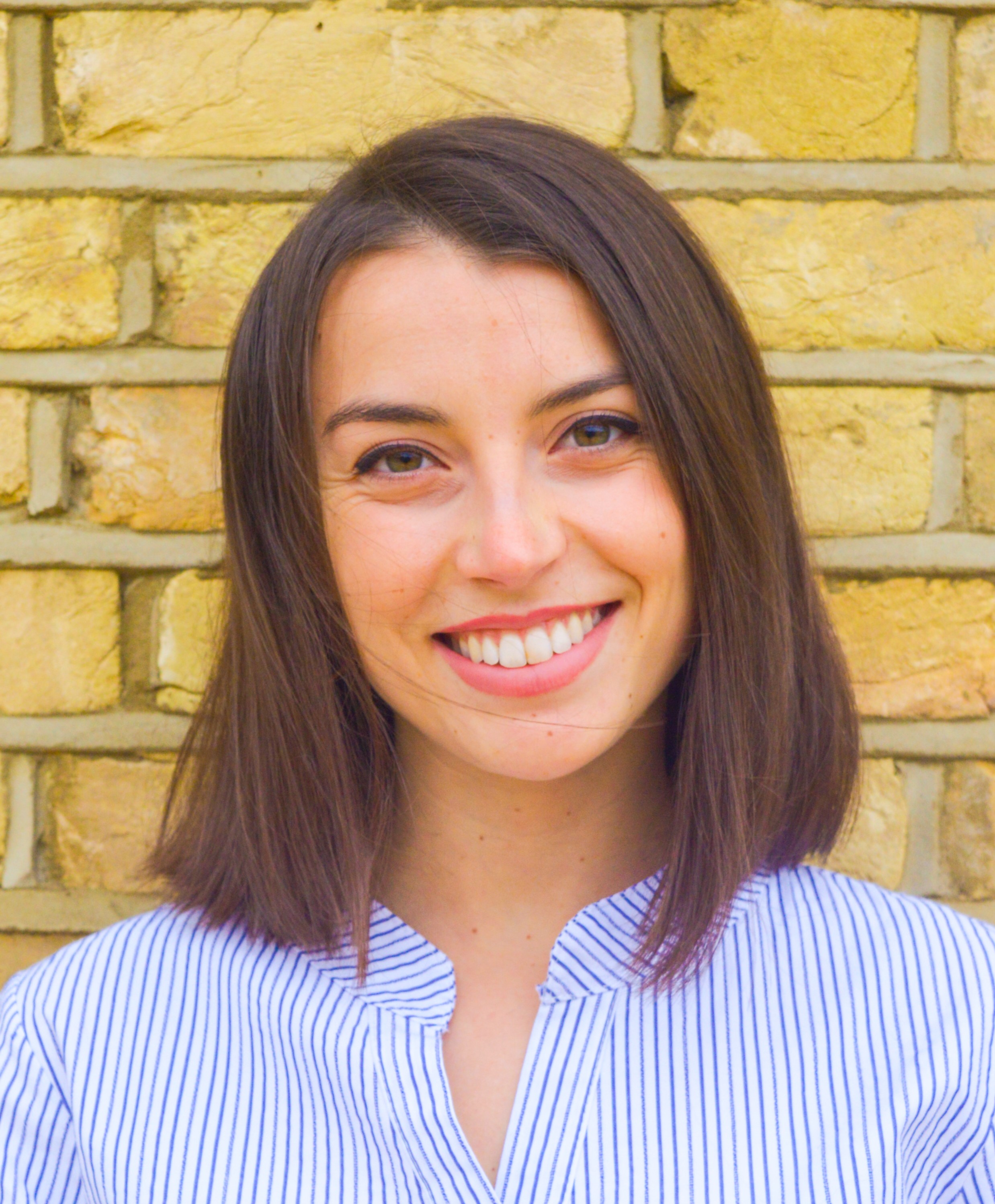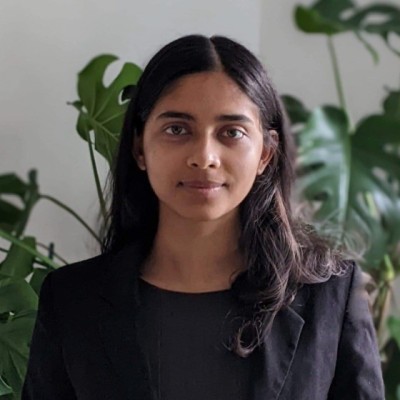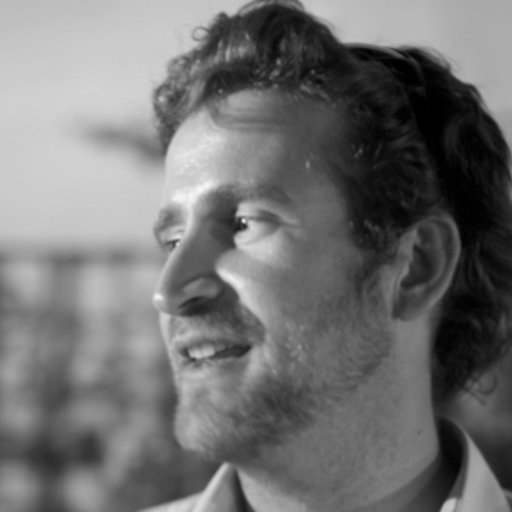
Discovering Drift Phenomena in Evolving Landscape (DELTA 2024)
Workshop at ACM SIGKDD International Conference on Knowledge Discovery and Data Mining (KDD 2024), 14:00, August 26, 2024
Centre de Convencions Internacional de Barcelona (room #120) - Barcelona, Catalonia (Spain)
Organisers
Dr. Marco Piangerelli
Dr. Bardh Prenkaj
Ylenia Rotalinti
Ananya Joshi
Prof. Giovanni Stilo
Table of contents
- Aims and Scope
- Important Dates
- Topics of Interests
- Invited Talks
- Program at a Glance
- Registration and Presentation Policy
- Springer Volume
- Acknowledgement
Aims and Scope
In today’s rapidly evolving landscape, integrating automated systems into daily tasks are the primary objectives for both industry and academia. However, a challenge arises as these systems often struggle to adapt to the continuous evolution of the world. Despite recent attention on the term ‘distribution drift’ to describe this continuous evolution.
This overarching term conflates data drift and concept drift lead to misunderstanding in research and practitioner communities. To bridge the gap, the DELTA workshop fosters collaboration between academia and industry to clarify evolving landscape challenges and develop practical solutions. We invite authors to submit unpublished, original papers addressing the complexities faced by current state-of-the-art techniques in detecting, predicting, and analyzing drift phenomena in real-world domains.
Important Dates
Paper Submissions: June 11st, 2024Notifications: July 1st, 2024Camera-Ready: July 3rd, 2024Workshop: August 26th, 2024 - Centre de Convencions Internacional de Barcelona - Room #120
Topics
DELTA Workshop welcomes research and perspective contributions on all topics related to drift in evolving landscapes across domains (e.g., finance, business, basic sciences, construction computational advertising, IoT, etc.) and independent of data types (e.g., networks, tabular, unstructured, graphs, logs, spatiotemporal, multimedia, time series, genomic sequences, and streaming data.):
- Online and Incremental Learning
- (Self-)Adaptive Systems
- Human-in-the-Loop Learning
- Uncertainty Quantification for Drift Learning
- Drift Detection, Prediction, and Analysis
- Process Mining for evolving environments
- Process Drift Analysis
- Drift Explanation
Invited Talks:
Practical Challenges and Insights in Concept Drift Research - Heitor Murilo Gomes - 14:40 - 26th Aug 2024
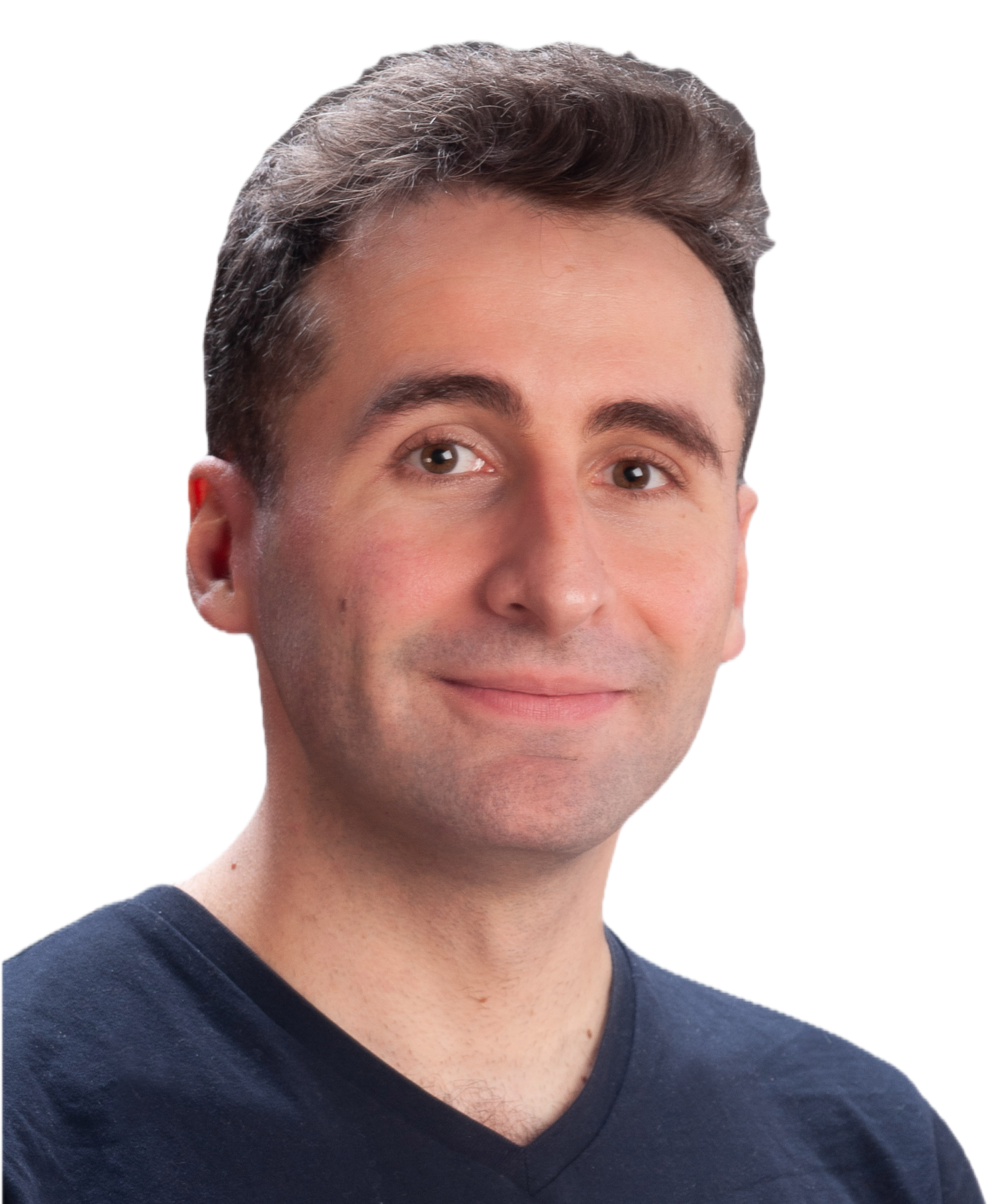
|
Abstract:In this talk, I will discuss some practical aspects of concept drift research, covering detection, simulation, evaluation, integration with learning algorithms, and challenges involving partially and delayed labeled data. Speaker's Bio:Heitor Murilo Gomes is a senior lecturer at Victoria University of Wellington (VuW) in New Zealand. Prior to VuW, he was a senior research fellow and co-director of the AI Institute at the University of Waikato, where he taught "Data Stream Mining" from 2020 to 2022. His research focuses on machine learning for data streams, including innovative approaches in ensemble learning, unsupervised drift detection, clustering, and online continual learning. He received a Marsden Grant in 2023 for research on partially delayed labeled streams and has contributed to open-source projects like MOA and CapyMOA, a Python library for stream learning. |
A Neuro-Symbolic Explainer for Rare Events - João Gama - 16:25 - 26th Aug 2024
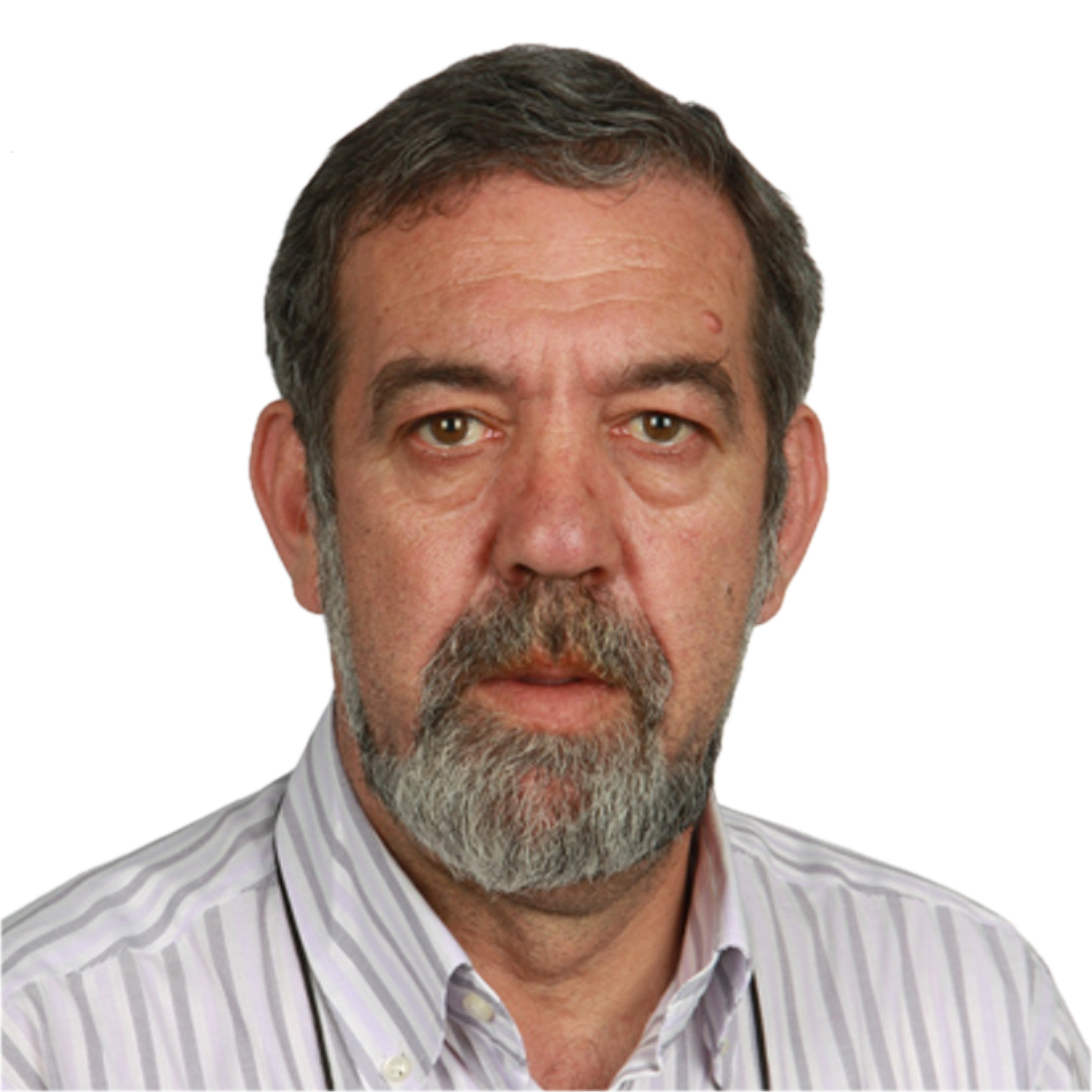
|
Abstract:In this talk we describe a neural-symbolic architecture for explaining rare events. We propose a two layer system, where the first layer is unsupervised, based on autoencoders, and is used designed to detect rare events (outliers, drifts, anomalies, failures). The second layer is supervised, based on rule learners, and is used to explain the anomalies detected in the first layer. Both models run online and in parallel. We evaluate the proposed system in a real-world case study of predictive maintenance. We present examples of explanations that illustrate their benefits. Speaker's Bio:João Gama is a Full Professor at the School of Economics, University of Porto, Portugal. He received his Ph.D. in Computer Science from the University of Porto in 2000. He is EurAI Fellow, IEEE Fellow, and the Asia-Pacific AI Association Fellow. He is a member of the board of directors of the LIAAD, a group belonging to INESC Tec. His main contributions are learning from data streams, where he has an extensive list of publications. He is the Editor-in-Chief of the International Journal of Data Science and Analytics, published by Springer. |
Program at a Glance (room #120):
- 14:00 - Welcome and Opening Remarks
- 14:05 - Overview and Synergies with the Vitality Project
- 14:10 - Oral Presentations - Part A
- 14:10 - - Sebastián Andrés Cajas et al. - Adaptive Machine Learning for Resource-Constrained Environments
- 14:20 - Shruti Saxena et al. - RoCoNA: A Robust Continual Learning Framework for Alignment of Dynamic Networks Under Distribution Shift and Domain Differences
- 14:30 - - Jiaqi Guo et al. - CeDFormer: Community Enhanced Transformer for Dynamic Network Embedding
- 14:40 - - Heitor Murilo Gomes - Practical Challenges and Insights in Concept Drift Research
- 15:25 - Oral Presentations - Part B
- 15:35 - Thibault Simonetto et al. - On the Impact of Industrial Delays when Mitigating Distribution Drifts
- 15:45 - - Alina Fastowski et al. - Understanding Knowledge Drift in LLMs through Misinformation
- 15:55 - - Giacomo Ziffer et al. - Exploring Concept Drift Visualization and Explanation in Image Streams
- 15:55 - Posters, Coffee & Break (16:00 - 16:30)
- 16:25 - - João Gama - A Neuro-Symbolic Explainer for Rare Events
- 17:10 - Interactive Sessions
- 17:10 - - Flavio Giobergia et al. - A Synthetic Benchmark to Explore Limitations of Localized Drift Detections
- 17:20 - - Joanna Komorniczak et al. - Unsupervised Concept Drift Detection based on Parallel Activations of Neural Network
- 17:30 - - Sebastián Basterrech - Unsupervised Assessment of Landscape Shifts Based on Persistence Entropy and Topological Preservation
- 17:40 - - Federico Giannini et al. - Addressing Temporal Dependence Concept Drifts and Forgetting in Data Streams
- 17:50 - Best Paper Awards Announcement
- 17:55 - Concluding remarks
Registration and Presentation Policy
The workshop will be held in person. Each accepted workshop paper must be accompanied by at least one distinct full author registration, completed by the early registration date cut-off. Each accepted workshop paper must be presented in person.
The Main Conference organization team will manage the registration: https://kdd2024.kdd.org/registration/
Springer LNCS Volume
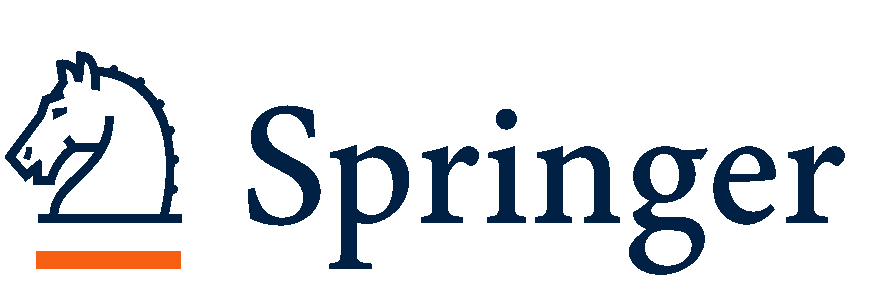
We are pleased to announce that the proceedings of the workshop “Discovering Drift Phenomena in Evolving Landscape” has been published in the following Springer Lecture Notes in Computer Science (LNCS) volume.
Conference participants are granted four weeks of complimentary access.
Click here or on the image below to access.

Acknowledgement
“The Discovering Drift Phenomena in Evolving Landscape (DELTA 2024)” workshop is organised as part of the disseminations’ activities of the Vitality project founded by European Union - NextGenerationEU under the Italian Ministry of University and Research (MUR) National Innovation Ecosystem grant ECS00000041 - VITALITY - CUPs E13C22001060006 (Univaq) and J13C22000430001 (Unicam), and by the CDC/HHS grant, under federal award identi- fication number U01IP001121 and CDC-funded contract number 75D30123C15907.
Contacts
For general inquiries about the workshop, please email marco.piangerelli@unicam.it, prenkaj@di.uniroma1.it, ylenia.rotalinti@mhra.gov.uk, aajoshi@andrew.cmu.edu, and giovanni.stilo@univaq.it.


